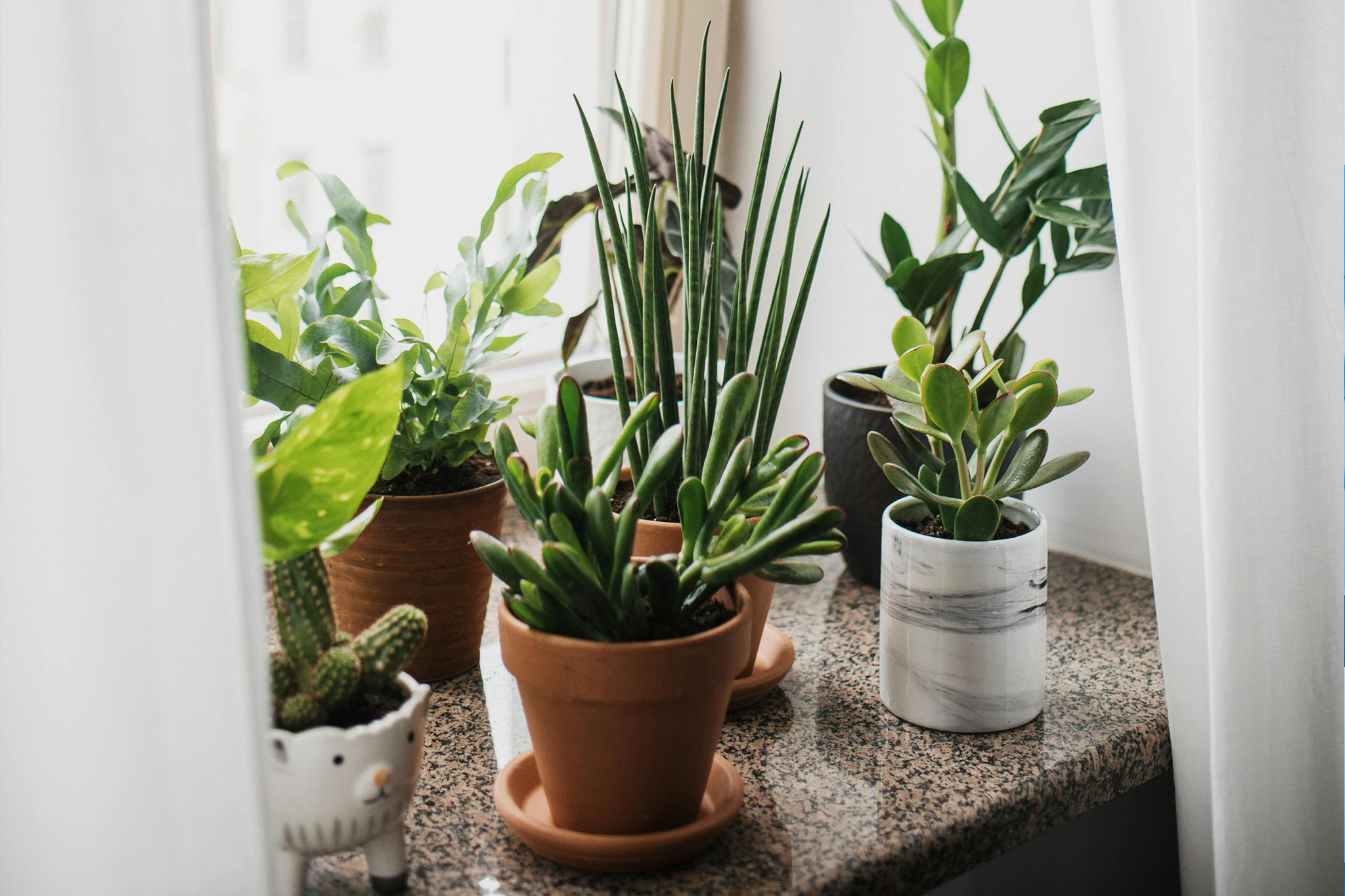
How to avoid mistakes when building your first home

How to avoid mistakes when building your first home
As the age old saying goes, everybody makes mistakes. Whether it’s a faux pas with a friend, an error at work, or the hairstyle you had in the 80s, we all have moments that we wish we could do over. Our goal is to help you avoid making mistakes when the time comes for you to build your first home. In reality, the suggestions in this blog will apply to anyone building a new home (even veterans); there’s always something that you would probably do differently if you had your time again. However, it is possible to avoid significant blunders with some planning and forethought. Here, we’ve compiled some tips on things that you should be considering from the planning and design stages, through to completion.
1. Pay close attention to the details in your floor plan
Our first piece of advice is to ensure that you go over your floor plans with a fine-toothed comb. And then go over them again. And again. This is particularly important if you’re buying a home off the plan, meaning you’ve chosen a design or style from a variety of options provided by a construction company. While any changes to these plans may cost you more, you’ll be better off in the long run as issues tend to be easier to correct when they’re written in ink rather than set in stone. You should be able to make minor changes to your plans without much hassle, such as amending the size of doors or windows, or, if your block allows, rotating the plan. While there may be some things that you can change later, it’s always easier and generally less costly if you think about these things in advance. Don’t be afraid to raise any concerns or queries with your builder, they’ll undoubtedly be grateful that you’re bringing them to their attention sooner rather than later.
2. Ensure you’re familiar with the terms of your contract before signing
This is arguably the most important suggestion that we have for you – you must ensure that you understand and are happy with all terms in a contract before signing. In WA, there is no cooling period, meaning a contract will be enforceable as soon as the ink dries on the paper. It’s always a good idea to seek legal advice before signing a contract, especially where you are unsure about any terminology or clauses. Legal advice can be expensive but can help you to avoid major financial ramifications, construction delays and other issues that may arise down the track. Trust us, seeking legal advice before issues arise is less expensive than facing a lengthy legal battle afterwards. Also, take note of any warranty period that is stipulated in your contract. During this period, the builder will be responsible for addressing any issues that may pop up when you begin living in your home. Overlooking this period will mean that you will then bear the cost and responsibility of fixing these issues.
3. Know your budget
Deciding on your budget early is of vital importance, as is being transparent about it with your builder and suppliers. Whether you’re an owner-builder or have engaged a construction company, ensure that you’re aware of any additional or potentially hidden costs associated with a service or material. If you’re unsure, then ask as many questions as necessary to get a complete picture of just how much something will cost you. None of us want to experience the stress associated with having a partially built home and lacking the funds to complete it. If you’re buying off the plan, you must ensure that you know which features are included in the cost, and which are supplementary. It helps to know what you want and what is important or non-negotiable to you before you sign the contract. This will avoid any disappointment and may impact the design choices you make along the way.
4. Design Elements
When building a new home, the design choices that you’ll have to make are too numerous to count. There’s a lot to think about and it can be overwhelming. For that reason, it’s best to do your research so that you don’t feel like you’re making uninformed decisions under pressure. We’ll briefly address some of the design elements here:
Size
Be realistic when designing your home. You might think that you need more space than you actually do. If you add unnecessary rooms or nooks, you might compromise on space in more important areas. Also, the more space you have, the more you have to clean; for us, that’s reason enough to keep things cosy.
Insulation
To you, insulation probably isn’t the most exciting element in your new home (at least if you’re normal and not some kind of insulation enthusiast, no offense intended). However, it is something that you ought to think about and discuss with your builder. Where possible, we recommend investing in high-quality insulation so that you’ll save money on electricity costs in the long-term.
Storage
Thinking about your storage solutions before commencing construction can save you a lot of hassle in the long run. While there are some storage hacks out there, it’s much easier to capitalise on space and be clever with your storage solutions while you’re still in the design phase. Hot tip – don’t underestimate how much junk you have and how little you’ll be willing to throw away in the move. It’s better to accept it sooner rather than later, your Furby will need its place in your new home. The intention of this article was certainly not to cause any extreme anxiety about all the things that could potentially go wrong when building your first home, because ultimately, it should be an exciting process. However, taking the time to think about things in advance and seeking professional advice can help you to avoid a lot of stress and heartache. While we all like to avoid the fine print and have probably sold our souls to Apple by now, all kinds of dark things can be found within the fine print. While this article doesn’t cover all possible issues that may arise, we hope that it has got you thinking about some of the things you should be aware of when you’re getting ready to build your dream home.
The intention of this article was certainly not to cause any extreme anxiety about all the things that could potentially go wrong when building your first home, because ultimately, it should be an exciting process. However, taking the time to think about things in advance and seeking professional advice can help you to avoid a lot of stress and heartache. While we all like to avoid the fine print and have probably sold our souls to Apple by now, all kinds of dark things can be found within the fine print. While this article doesn’t cover all possible issues that may arise, we hope that it has got you thinking about some of the things you should be aware of when you’re getting ready to build your dream home.



